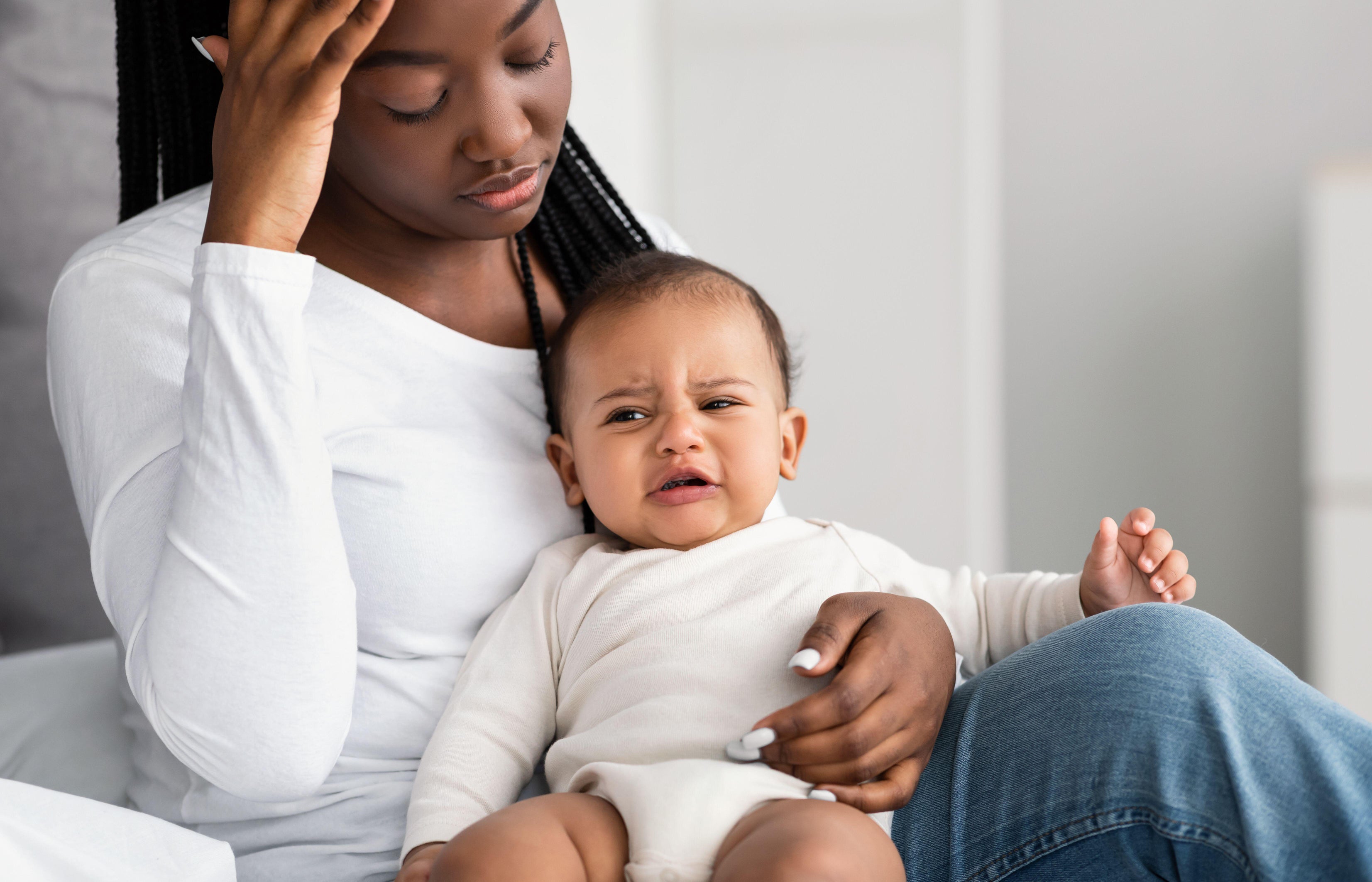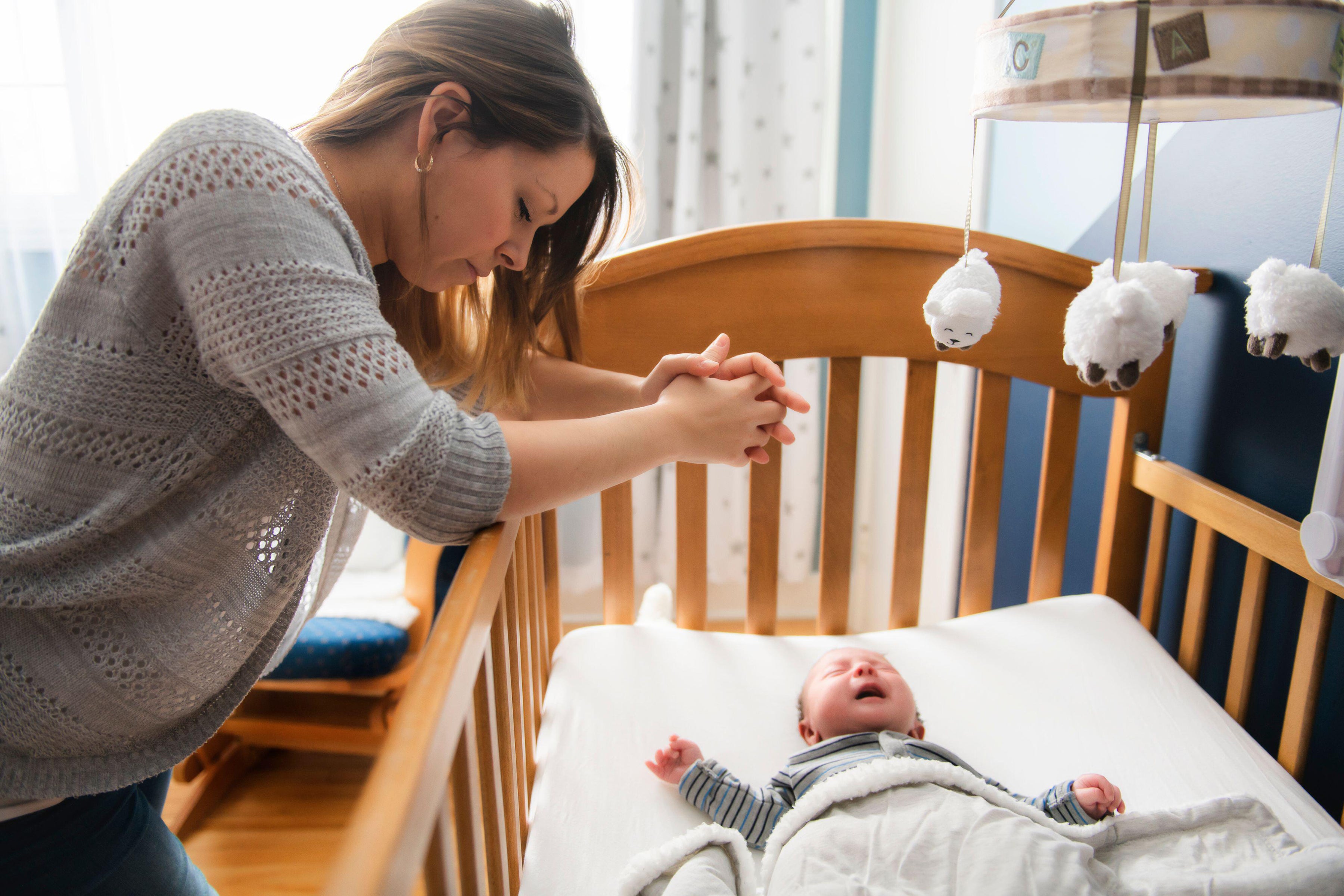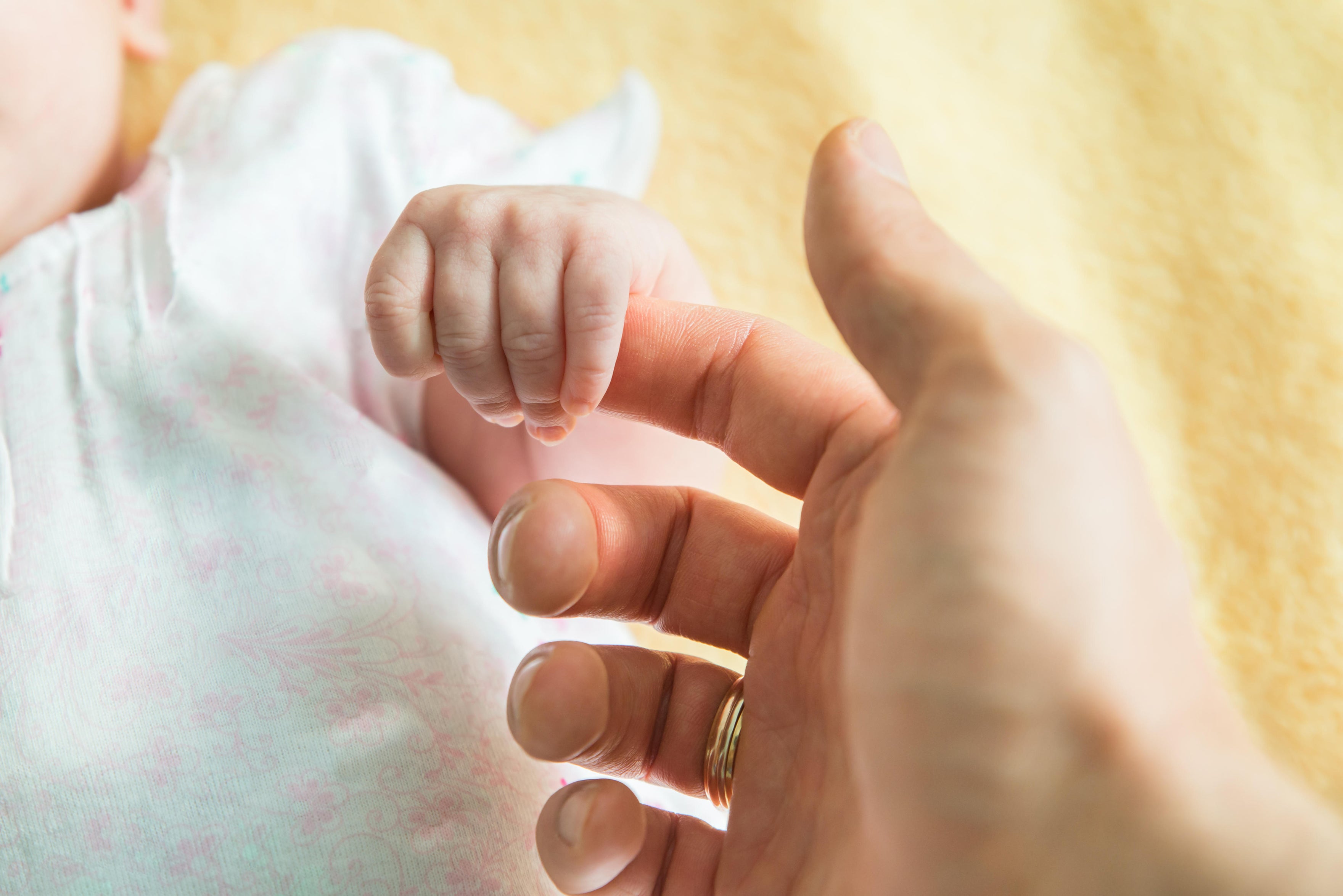Why it’s ok to grieve for your pre-child life
Lauren Taylor speaks to experts about the huge adjustment when you become a parent

No matter how much you want a baby or how prepared you think you are, becoming a parent for the first time can feel like a huge shock to the system. Nothing else is quite as life-overhauling as bringing a little one into the world, being entirely responsible for keeping them alive and teaching them everything they know.
While for some the shift into parenthood may feel natural, for others the adjustment is more complicated, and even if a new arrival brings a lot of joy, many mums and dads feel a sense of loss for their old lives too.
Missing your pre-child life is common
“From what we can see on the Mumsnet forums, it’s pretty common for new mothers to feel like this,” says Mumsnet founder and CEO Justine Roberts. “In the last 12 months, there have been nearly six million page views of forum discussions that included the terms ‘pre-kids’ and ‘mourn’.
Having a baby is life-changing for dads too but, Roberts says: “For mothers in particular, the effects – from birth injuries and postnatal depression to career impacts and a loss of social status – can ricochet through their whole lives.

“We see so many women expressing a sense of dislocation as a life that was once filled with work, socialising, travel and exploration disappears almost overnight.”
And yes, you can feel this way but love your child fiercely. It doesn’t mean you don’t – or won’t – love being a parent. But you’re human and for a lot of people, becoming a mother or father is far less idyllic than carefully curated social media accounts of perfect-looking families, or happy endings in Hollywood films, would have us believe.
Stigma and shame
Although it’s often discussed with a level of anonymity on the internet, Roberts notes that missing their before-baby lives is something new parents are “reluctant to say in real life for fear of other people’s judgement”.
There’s a huge stigma attached to admitting that parenthood hasn’t been exactly what were expecting, that you’ve been less happy than you anticipated, or that you preferred some things about life before babies – freedom, autonomy, spontaneity, the ability to leave the house after 6pm, for example.
Psychologist Dr Alison McClymont, who has more than 10 years’ experience working in children’s and adults’ mental health, says that the stigma creates a spiral of shame which can precede mental health conditions.

And if we live in a culture that doesn’t validate parents’ – particularly mothers’ – feelings, plenty suffer in silence. Someone may then wonder, ‘Is there something wrong with me for missing my old life?’
“This in itself can be a rupturing thought, which may lead to a series of negative cognitions about their ability to parent, their sense of self, and how good a person they are,” says McClymont. “I sincerely believe if we made it less stigmatising to simply say, ‘I miss some things I had in my life before having children’ we might catch some mental health conditions before they arise.”
How parenthood can come as a shock
So are we simply underestimating how much a baby upends everything before having one, and expecting elements of our old lives to slot right in around a new arrival?
“Underestimating how much a baby changes your life is probably an evolutionary imperative: if there were a virtual-reality simulator of the experience, the birth rate would go through the floor,” admits Roberts. “Even people with lots of experience of other people’s babies probably can’t fully appreciate the bone-aching weariness, the relentlessness, or the overwhelming sense of responsibility that comes with having your own.”
McClymont agrees that while many people do probably underestimate how much life changes with a baby, there is also “not enough supportive messaging, out there to normalise that thought of ‘wow I didn’t realise it was this consuming’.”

“What other job in the world takes as much from you mentally, emotionally and physically as parenting?” she asks “And yet, modern-day messaging continues to push more and more demands on parents to be everything to their children.”
Accepting things have changed
While some parents can feel a sort of ‘grief’ for their old life, Roberts says most new parents are reluctant to compare their experience to a bereavement; “Society doesn’t really give you permission to express that you’re finding it difficult – let alone that you’re angry or desolate.”
Although one Mumsnet user posted: “Someone once described it to me as a mourning period, and I think that really is true. In the beginning, it’s raw and visceral and constant and then over time it fades.”
“I think grief is [a] way to look at it,” McClymont says, “as you may feel shock and denial where you attempt to live as you did before, then anger or irritation when you realise you cannot, followed by the sadness of what your mourn for, and then an acceptance that this is how it is now. That was then, this is now.”
Some people may even suffer from “adjustment disorder”, she says, “an extreme stress reaction in response to a change in someone’s life”. Which isn’t that far-fetched when you consider birth recovery, extreme sleep deprivation, possible PTSD – “then dump on top of that a lot of subliminal messages about ‘you should be coping better’, and you have the makings of a fairly significant mental stressor.”
Adjusting to your new life
Managing expectations before having a baby can help; Jenny Barrett, practice coordinator at NCT says parents who have realistic expectations are “better equipped to adjust”. For instance, “babies wake regularly through the night and need feeding, so we encourage parents to think about how they will deal with new sleeping patterns.”
Any huge shift in lifestyle can take time to get used to, and it’s OK to adjust at your own pace. It’s OK to feel sad about the things you’ve sacrificed in order to start a family – and still be grateful you’ve been lucky enough to do so.
“If you’re feeling stunned, or sad, or that you’ve made a ghastly mistake, the most important thing to remember is that you’re not alone and you’re definitely not a bad person for thinking it,” says Roberts. “On the contrary, it’s a sure sign that you’re taking parenthood seriously and that you will almost certainly ace it.”
McClymont urges people to let go of any shame attached to missing parts of your old life. “Shame is an insidious and destructive emotion. There is nothing to feel embarrassed about. Parenting can be thankless, overwhelming, intense, lonely, boring, and depressing. All of these things are OK – you are a human being.”
Barrett says to think about how you might keep even the smallest amount of continuity with your old life, for instance spend an hour a week on a hobby or exercise you enjoy.
Make sure you take up every single offer of help too, says Roberts. “There’s no shame in leaving the baby with a friend or grandparent for an hour or two so that you can go for a walk, have a coffee in peace or just curl up on the sofa.”
But most importantly – talk. Join parent support groups (online or in person) and “gather your least judgemental friends or family members and tell them exactly how you feel, over and over again, if necessary,” says Roberts. Whatever you’re feeling you can be pretty sure someone else is feeling it too.